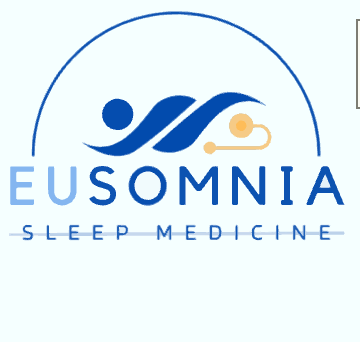Should I Take Benadryl to Help Me Sleep Better?
Should I Take Benadryl to Help Me Sleep Better?
Not So Fast - Let's Finally Set the Record Straight

You know that delightfully satisfying feeling when you spot an article and finally hear the world echo an opinion you’ve bellowed (in your mind, at least) for years? Well, that was me this week, as I scrolled through a recent CNN article on diphenhydramine—the household name brand Benadryl—and felt thoroughly vindicated for my "allergy to Benadryl" in my sleep clinic.
Let’s be frank: Benadryl may be as American as apple pie, but when it comes to sleep, it’s also as outdated as a Model T. I see patients in Menlo Park and Culver City who still reach for that pink bottle, tossing and turning, hoping for ZZZs. Or worse, they’ve been told it’s “safe” because it’s “just an allergy med.” But Benadryl isn’t benign, especially for sleep—and that’s putting it charitably.
An Anecdote: When Benadryl Becomes Dangerous
Let me tell you about a patient of mine. Wary of so-called “harder drugs,” he ramped up his Benadryl use until he was taking a staggering 400mg a day—far above recommended doses. The end result? He needed dialysis to undo the drug’s toxic buildup.
Thankfully, he recovered, but his and my lesson was clear: Benadryl is not a harmless sleep aid. Overdoses are real, and yes, they can lead to coma or death. True, some people seem mysteriously immune, taking sizable doses without batting an eye, while others need only a pediatric dose for a one-way ticket to dreamland—or the nether realm. But nobody, and I mean nobody, is immune to the risks at high enough doses.
Setting the Record Straight: Time to Move On
Sure, diphenhydramine was a medical marvel—in 1946. But so were atomic energy tonics, and we don’t recommend those anymore. Benadryl is a first-generation antihistamine, cross-wired in the brain, causing next-day sleepiness, memory issues, and it’s even been linked to increased dementia risk with chronic use. We now have decades of data (and enough groggy morning-after stories) to see that it is not the harmless “nightcap” some believe.
Let me be blunt: I never prescribe Benadryl for sleep. In fact, I also avoid hydroxyzine, meclizine, and their first-generation cousins. Sleep deserves better—and so do you. If you actually need pharmaceutical help (and ideally, that’s rare), we have FDA-approved prescription sleep aids—like Silenor (doxepin) at tailored doses—that are far more selective in targeting only the sleep-wake system, outsmarting Benadryl’s scattershot approach with fewer side effects the next day. And for allergy symptoms? Leave Benadryl for the museum, not your medicine cabinet. Evidence-based, newer antihistamines (think cetirizine, loratadine, fexofenadine) are safer and don’t knock you out or fog your cognition.
Beyond Pills: Sleep Is More Than Medicine
Of course, real, restorative sleep usually starts long before you ever reach for a bottle. Good sleep hygiene, lifestyle adjustments, and cognitive behavioral therapy for insomnia (CBTi)—which we preach and teach at EusomniaMD—remain the gold standards. Pills, if ever needed, should be a last resort, and certainly never impulsive grabs for Benadryl.
So, if you’re tempted by nostalgia (or tired of nostalgia-induced insomnia), I urge you: let’s leave the 1940s behind. There are better, safer answers today.
Inspired by a recent CNN article that called out Benadryl’s downsides, it felt like the perfect opportunity to say—I told you so, and I’ll keep telling you so, for your health’s sake!
